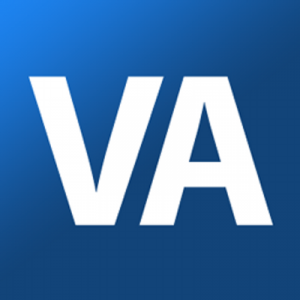Related Jobs

Full Time schedule call. This Registered Nurse position is a Circulator in the Main OR at Northwest Medical Center in Tucson.
The Main OR at Northwest Medical Center features 16 surgical suites in a dedicated sur...

This is a Full Time, Day Shift, Clinical Nurse Educator position supporting Northwest Medical Center's Critical Care Service Line
Become a Critical Care CNE working in a fast paced team environment where you can g...

PRN OR RN position at Tucson Surgery Center, an outpatient surgical center located at 2121 N Craycroft Rd. Bld 8. Tucson, AZ working day shift Monday thru Friday, no call, no weekends, no holidays!
Must have at l...

Exciting NEW changes to Staffing Model - apply today to hear what's new!
Up to $20,00 Sign On Bonus for eligible, experienced OR RN's!
Full Time schedule call. This Registered Nurse position is a Circulat...

The Clinical Nurse Manager Educator supervises the Nurse Educators, RQI and Simulation Coordinator, and others as assigned. Responsible and accountable for all elements of the nursing process when providing and/or superv...

This is a Full Time RN OR position working day shift Monday thru Friday, no call, no weekends, no holidays
Tucson Surgery Center is an Outpatient Ambulatory Surgical Center located at 2121 N. Craycroft Blvd in Tu...

Exciting NEW changes to Staffing Model - apply today to hear what's new!
$20,000 Sign On Bonus for eligible, experienced OR RN's!
Full Time Operating Room Mid Shift / Evening shift schedule required call....

Full Time schedule call. This Registered Nurse position is a Circulator in the Main OR at Northwest Medical Center in Tucson.
NISE Training Program in OR October 2024
The Main OR at Northwest Medical Center...

Foothills Surgery Center, is seeking a motivated OR Circulator to join our team. Foothills Surgery Center is a fast paced Multi-Specialty, ASC environment committed to producing the highest quality work and experienc...

$10,000 SIGN ON BONUS! Camp Lowell Surgery Center is seeking a motivated OR Registered Nurse to join our team. Camp Lowell Surgery Center is a fast paced ASC environment committed to producing the highest quali...